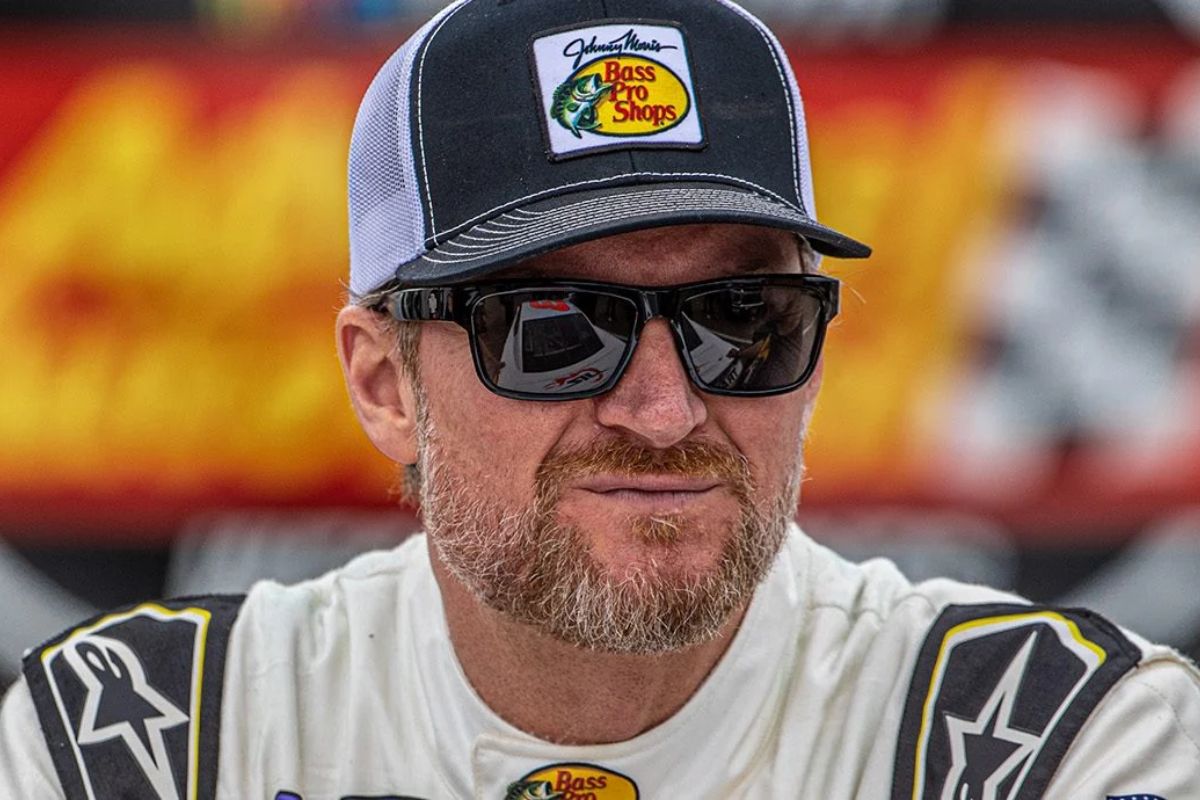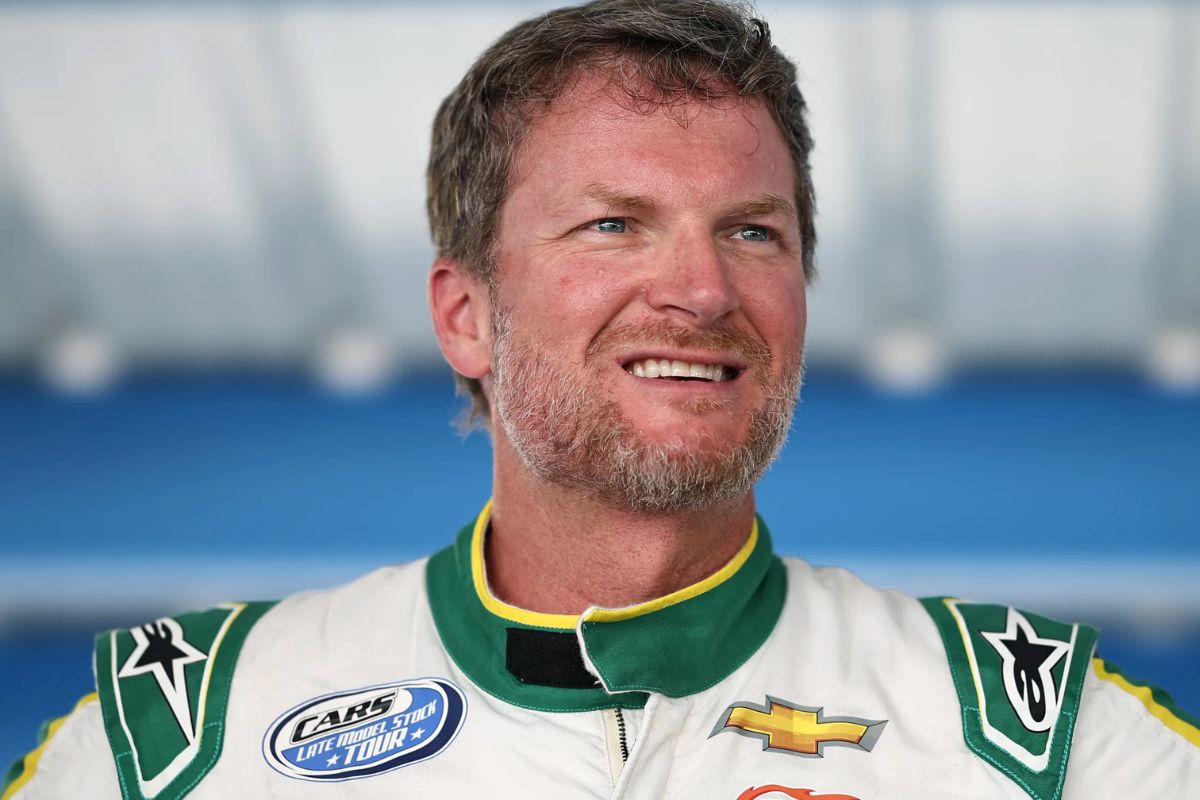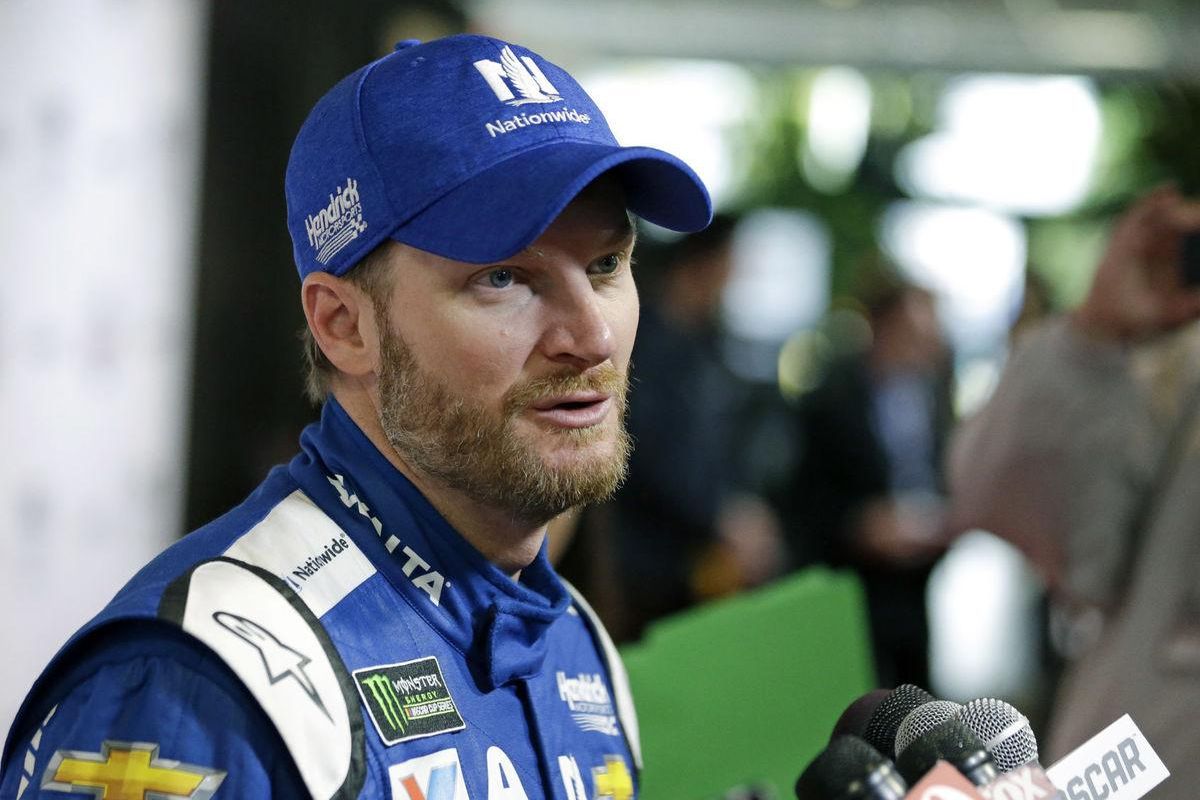Dale Jr Fascinated by Team Owners: Dale Earnhardt Jr.‘s keen interest in the negotiation challenges faced by NASCAR team owners offers a revealing glimpse into the intricate business dealings that support the industry. Having navigated the dual roles of a celebrated driver and a team owner, Earnhardt possesses a distinct perspective on the risky balance between passion for racing and the stark financial imperatives that govern team operations. His insights into the complexities of charter negotiations, where leverage is often dependent on performance and market dynamics, highlight a critical aspect of NASCAR that is seldom investigated with such depth. As the sport continues to evolve, understanding these behind-the-scenes negotiations becomes increasingly vital.
Key Takeaways
- Dale Earnhardt Jr. finds the intense, competitive nature of NASCAR charter negotiations fascinating.
- He has a deep understanding of the complexities involved in these negotiations.
- His dual role as a driver and team owner gives him unique insights into the sport’s economic challenges.
- Earnhardt Jr. likens the cut-throat aspect of charter negotiations to racing itself.
- His observations shed light on the future direction and health of NASCAR.
Friction in NASCAR Charter Negotiations
Recently, the NASCAR charter negotiations have been marked by escalating friction among team owners and stakeholders, as highlighted by Denny Hamlin’s revealing comments on the Dale Jr Download podcast. This discord stems from the complex and highly competitive nature of acquiring and maintaining charters in the top levels of American motorsports. Charters, which guarantee entry into NASCAR’s premier races, carry substantial financial and strategic weight, influencing not only the present dynamics but also the future landscape of team operations and sponsorships.
Hamlin’s critique sheds light on the multifaceted struggles that team owners face, from financial pressures to regulatory challenges. The negotiations are not merely transactions but are pivotal in shaping the operational capacities of the teams. This is particularly significant for smaller teams, where the acquisition of a charter can determine their survival and competitiveness in the series. The intense competition for these charters has led to a scenario where the stakes are incredibly significant, and the bargaining power is disproportionately skewed towards those with deeper pockets and established influence within NASCAR’s hierarchy.
Earnhardt Jr’s Changed Perspective
Dale Earnhardt Jr., once an ardent supporter of owning a NASCAR Cup Series team, has shifted his perspective amidst the ongoing charter negotiations, now expressing a cautious approach as he observes the unfolding competitive landscape. This transformation in viewpoint is rooted deeply in the current economic and strategic conditions that define NASCAR’s top-tier ownership circles. Previously, Earnhardt Jr. harbored regrets about not securing a charter when the costs were markedly lower, a decision that seemed at odds with his deep connection to the sport and its operations.
The complexities and financial implications of these negotiations have now illuminated the challenges and risks associated with team ownership under the current charter system. Earnhardt Jr.’s current stance is more reflective and informed, underscoring a maturation in his understanding of the business dynamics at play. He has publicly acknowledged the difficulties team owners face, shifting from a position of envy to one of empathy and strategic patience.
Earnhardt Jr. Finds Negotiations “Fascinating”
In a recent episode of the Dale Jr Download, Earnhardt Jr. characterized the ongoing charter negotiations in NASCAR as ‘fascinating,’ highlighting the entrenched positions of NASCAR and team owners in this battle. His insights reveal a keen understanding of the complexities involved, likening the situation to a cut-throat race where only one side will prevail. This metaphor not only encapsulates the intensity of the negotiations but also the competitive spirit inherent in the sport, both on and off the track.
“I feel like I keep using the word fascinating, but both sides seem hard-headed about how they want to go about this, and I don’t mean that in a bad way, man. For lack of a better word to describe it, both sides seem stuck in how they feel about this.” – (Dale Jr.)
In NASCAR, there’s a big disagreement between the team owners and NASCAR itself. Hamlin, who’s part of 23XI Racing, says there are four important things they need to agree on. These are: making charters permanent, getting more money to cover costs, letting team owners have more say in important decisions, and sharing revenue from NASCAR’s other businesses. When Hamlin talked about how NASCAR isn’t telling fans what’s really happening, Earnhardt Jr. said he’s glad he’s not involved in the argument.
After Hamlin left the podcast, Earnhardt Jr., who owns JR Motorsports, talked about it. He had read Jeff Gluck’s article in The Athletic, which Hamlin said did a good job covering the four important areas that need to get better.
The charter negotiations brought back memories of intense racing in the Cup Series to Dale Jr. He compared it to the recent Atlanta finish, where he believed only one side would ultimately prevail.
“I mean, for me, it’s just as interesting as watching the last ten laps of the Dover race or the end of Talladega, watching how this plays out, is like watching a race come down to the finish with two drivers trying to duke it out.” – (Dale Jr.)
Reality Check from Dale Jr.
Amidst the ongoing charter negotiations, Dale Jr. provided a significant reality check, underscoring the often unrealistic profit expectations held by team owners in the competitive world of motorsports. During a candid discussion on his podcast, he drew attention to the challenging financial landscape that these owners must navigate, particularly highlighting the disparity in revenue distribution among NASCAR, Speedway Motorsports Inc. (SMI), and the team owners themselves.
Dale Jr. articulated that while NASCAR and SMI have managed to secure substantial profit margins, the same cannot be said for many team owners, who often harbor expectations of similar financial successes. The reality, as Dale pointed out, is that the economic model of motorsports does not uniformly favor all parties. This discrepancy often leads to tensions and a somewhat skewed perception of what constitutes a viable business model within the sport.
Further elaborating on the issue, Dale Jr. referenced insights from fellow racer Denny Hamlin, who noted the impermanence of charters within top teams like Joe Gibbs Racing and Hendrick Motorsports. This lack of permanence can lead to instability, affecting long-term planning and financial forecasting for the teams. The volatility linked to charter turnover complicates the financial landscape, making the attainment of high profit margins even more challenging.
“If we don’t give the teams what they’re asking for, are we holding ourselves back? Are we keeping ourselves from becoming global? From becoming lucrative? From becoming profitable? It says in that a0rticle, teams lost money in the Clash, teams lose money every year. That’s nothing new! I’ve never made any money racing. You don’t make money racing anywhere!” – (Dale Jr.)
Doubts Over JRM’s Future Expansion
Reflecting on the financial prudence necessary in today’s motorsports climate, questions about the potential expansion of Junior Motorsports into the Cup Series have become increasingly pertinent. Dale Earnhardt Jr.’s recent hesitations underscore a strategic shift in how team expansions are viewed amidst the volatile economics of high-level racing. Rather than aggressively pursuing the acquisition of Cup Series charters—a move that could strain resources and financial stability—JRM appears to be adopting a more cautious stance, carefully evaluating the evolving market dynamics.
This conservative approach is not without merit. The motorsports arena, particularly at the Cup Series level, is fraught with financial uncertainties and escalating costs. Ownership in this echelon not only demands substantial initial investment but also continuous influxes of capital to remain competitive. Such an environment can be perilous for a team contemplating elevation from the Xfinity Series, where operations are generally less costly and the financial risks more contained.
“I would love to know where somebody is racing a race car and making money doing it..(…)…Every cup team I’ve ever known didn’t make money. But the teams think that’s possible, and it’s realistic and should be happening, but that’s so foreign to me.” – (Dale Jr.)
News in Brief: Dale Jr Fascinated by Team Owners
Dale Earnhardt Jr.’s insights into NASCAR’s charter negotiations illuminate the intricate balance required between passion for the sport and the economic realities of team ownership. His distinct understanding, shaped by experiences as a driver and an owner, highlights the strategic challenges inherent in securing competitive advantage.
These reflections not only show the complexities of team management in NASCAR but also signal critical considerations for the sport’s future sustainability and growth.
Our Reader’s Queries
Q. What is the relationship between Dale Earnhardt Jr. and Jeffrey Earnhardt?
A. Earnhardt comes from a storied lineage in NASCAR, spanning four generations. Positioned in the middle of this racing dynasty, he is the son of Kerry Earnhardt, nephew to Dale Earnhardt Jr., grandson of the esteemed NASCAR Hall of Famer Dale Earnhardt, and great-grandson of Ralph Earnhardt. His familial ties extend further with four siblings: a paternal half-sister named Kayla, along with two maternal half-brothers, James and David. This rich lineage underscores his deep-rooted connection to the sport and its iconic figures, shaping his journey in NASCAR.
Q. Who was Dale Earnhardt’s best friend?
A. During a practice session, tragedy struck when Bonnett’s car collided with the Turn 2 wall, resulting in his immediate passing. Bonnett held a significant place in Earnhardt’s life as his closest friend. Reflecting on the incident, Earnhardt somberly remarked, “I guess it’s all part of the game.” This poignant moment underscores the inherent risks and emotional toll within the realm of NASCAR racing.
Q. Who took over Dale Earnhardt’s car?
A. Following Dale Earnhardt’s tragic passing at the Daytona 500 in 2001, Kevin Harvick stepped into the spotlight, replacing Earnhardt for the remaining 35 NASCAR Cup Races that season. Earnhardt’s untimely death accelerated Harvick’s trajectory into the Cup Series, altering his racing timeline significantly. Remarkably, by his third Cup start of the season, Harvick showcased his talent and resilience, affirming to team owner Richard Childress that the decision to bring him onboard was indeed the correct one.
ALSO READ: Dale Earnhardt Jr.’s Skin Cancer Battle: The Untold Story Revealed



